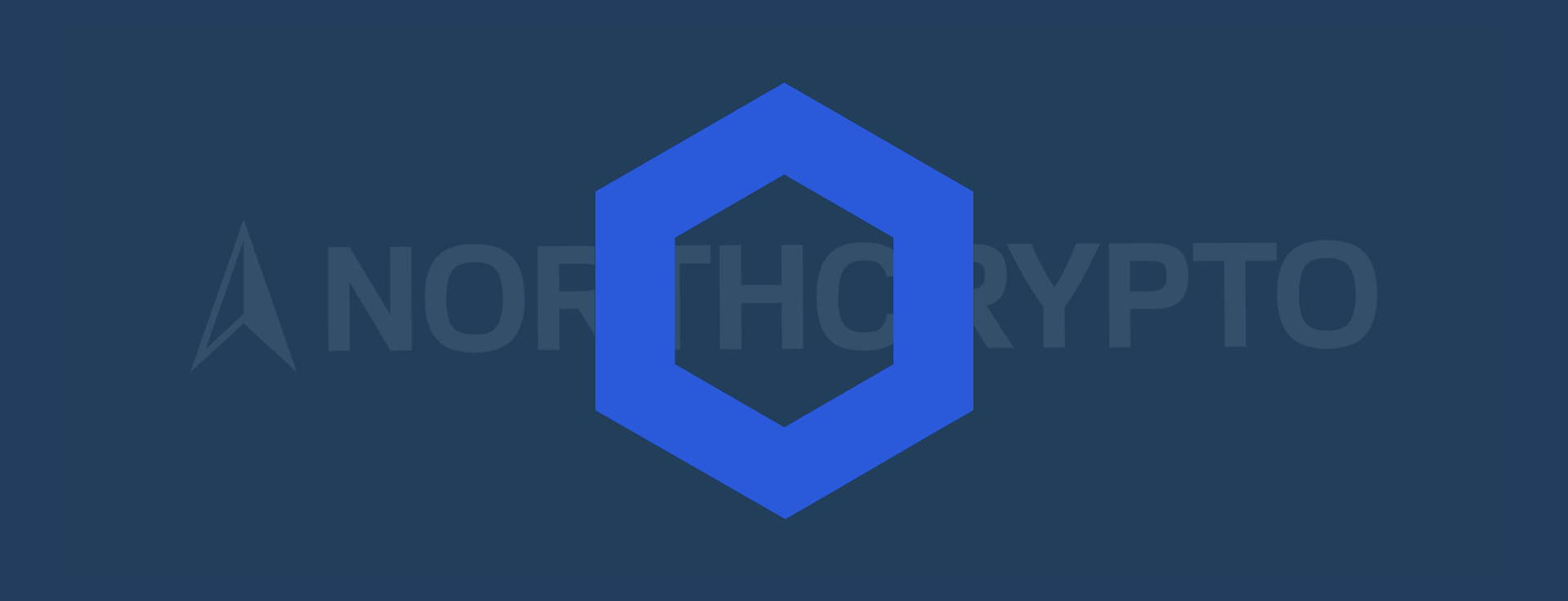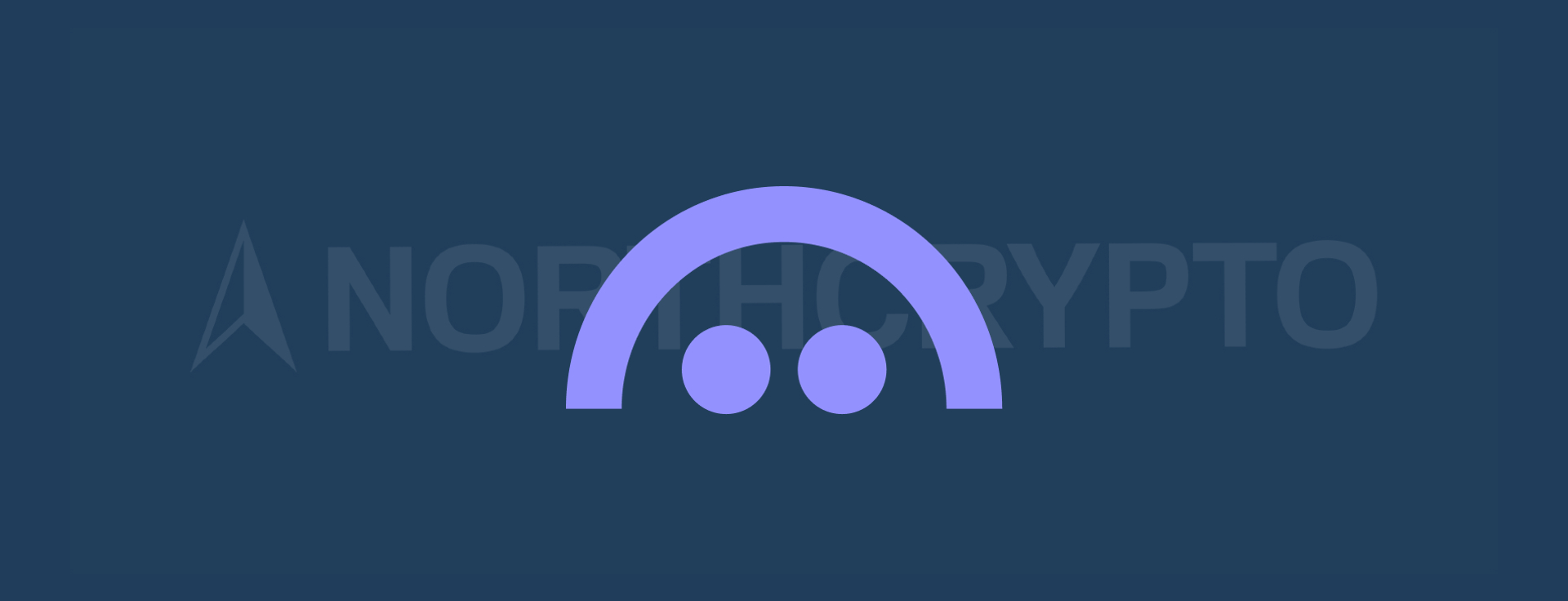How to Utilize DeFi?
DeFi
DeFi has emerged as a significant part of the cryptocurrency ecosystem in recent years. It allows users to utilize financial services without traditional banks, offering openness, transparency, and speed. This blog post discusses how DeFi can be utilized in various ways and what benefits it brings.
What is DeFi?
DeFi (Decentralized Finance) has possibly become the most significant entity in the cryptocurrency ecosystem in recent years. DeFi refers to decentralized financial services that serve as an alternative to centrally managed services offered by banks. Solutions based on decentralized finance have several advantages, which will be discussed next.
The advantage of DeFi services over centrally managed services is particularly their openness, transparency, and speed. Practically anyone with internet access can use DeFi services. The operating principle of DeFi services is often visible to everyone, as many DeFi services are based on open-source code. This allows for a very high level of transparency. Using DeFi services is also generally very fast, as their operation is based on automatically self-executing smart contracts that are active 24/7.
Utilizing DeFi
Utilizing DeFi services requires some understanding, especially regarding cryptocurrency transactions, so it is not recommended for novice cryptocurrency investors. If a user makes a mistake while using DeFi services, there is a risk of permanently losing cryptocurrencies. Therefore, special caution must be exercised when using DeFi services, and only actions with clear consequences should be taken.
For those who understand cryptocurrency transactions, using the most well-known DeFi services can be seen as relatively easy and safe. In simplified terms, utilizing DeFi services requires two things:
- A cryptocurrency wallet that enables the use of DeFi services, such as MetaMask or Phantom wallet. These cryptocurrency wallets are available either as a browser extension or a smartphone application.
- Cryptocurrency, such as ether (ETH) or solana (SOL), in the cryptocurrency wallet.
In addition to DeFi's growth in popularity in recent years, the use cases for DeFi have also increased and developed significantly over the past few years. Next, we will go through eight opportunities to utilize DeFi.
Borrowing and Lending
In DeFi, borrowing and lending occur without a central entity like a bank. Practically, borrowing involves depositing cryptocurrencies as collateral. On the other hand, lending is simply a matter of depositing cryptocurrencies intended for lending. Loans are usually over-collateralized, meaning that a greater amount of cryptocurrency must be deposited as collateral than the loan amount. Since both borrowing and lending occur without a central entity, loans operate based on smart contracts. Thanks to automatically self-executing smart contracts, DeFi loans do not have processing times like traditional bank loans; the loan "executes" immediately. Smart contracts also ensure that the value of the loan's collateral remains above the required level (LTV, Loan-to-value). If the collateral's value falls below the required level, the smart contract automatically sells the loan's collateral (liquidation). The loan interest rate is also automatically determined based on supply and demand. The most popular lending service in DeFi is Aave, whose AAVE token is also available in Northcrypto's offering.
Decentralized Exchanges (DEX)
In DeFi, it is possible to trade without a central entity in decentralized exchanges (DEX). Since the operation of decentralized exchanges does not rely on a central entity, trades occur between users (peer-to-peer). Decentralized exchanges can be seen as places that bring buyers and sellers together. The operation of decentralized exchanges is automatic and based on smart contracts. At the heart of their operation are liquidity pools, which are simply smart contracts that lock cryptocurrencies to facilitate trading. The advantage of decentralized exchanges is their openness, as anyone can trade in them, and the code of decentralized exchanges is usually openly accessible to anyone. The most well-known decentralized exchanges include Uniswap, operating, for example, on Ethereum, and Raydium, operating on Solana.
Providing Liquidity
In DeFi, it is possible to earn returns on owned cryptocurrencies in several different ways. One of the most popular ways is providing liquidity. Practically, this means offering cryptocurrencies to a liquidity pool in a decentralized exchange. When a user provides funds to a liquidity pool, they receive liquidity provider (LP) tokens in return for the liquidity offered. Compensation for funds provided to the liquidity pool comes in the form of a portion of the pool's trading fees. Providing liquidity also involves risks, such as the impermanent loss phenomenon, where the provider's cryptocurrencies may lose value due to price fluctuations of the cryptocurrencies in the liquidity pool.
Yield Farming
Yield farming refers to staking the LP tokens received in exchange for providing liquidity. Practically, yield farming means locking LP tokens into a DeFi service's smart contract, which allows for additional returns beyond simply providing liquidity. From the perspective of the DeFi service, yield farming can reduce the number of LP tokens freely available on the market, which can positively impact the price of the LP token. The returns offered by yield farming services can vary significantly, often indicating higher or lower risk.
Governance
The term governance refers to influencing the development of a cryptocurrency project by voting. This is practically done using governance tokens. A cryptocurrency project's governance token, such as Aave's AAVE token, acts like a ballot, giving the right to influence the project's development. However, this method differs from traditional democratic elections in that usually, one token entitles one vote, so the more governance tokens one owns, the greater the influence on the development of the cryptocurrency project.
Derivatives
Derivatives are financial instruments familiar from the traditional financial world, whose prices are determined based on the price of the underlying asset. Derivatives can also be traded in DeFi. Like other things enabled by DeFi, DeFi's derivative services operate without needing to rely on central entities. Therefore, DeFi's derivative services utilize smart contracts and, among other things, liquidity pools familiar from providing liquidity and over-collateralization familiar from lending. The most well-known derivative service in DeFi is dYdX, operating on Ethereum.
Synthetic Assets
Through DeFi, it is possible to invest in synthetic assets. Synthetic assets are tokenized versions of, among other things, currencies, commodities, and stocks. The operation of synthetic assets relies heavily on a reliable oracle solution, such as Chainlink. An oracle solution ensures that the value of a synthetic asset on the blockchain closely matches the value of the asset in the real world. Synthetic assets can be utilized in various DeFi services. A strength of synthetic assets is their ability to bring assets to a wide global audience, regardless of geographical location. The most well-known DeFi service related to synthetic assets is Synthetix, operating on Ethereum.
Prediction Markets
Prediction markets are marketplaces where one can bet on the occurrence or non-occurrence of an event. To make a prediction, cryptocurrency, often dollar-pegged stablecoins like USDC available also in Northcrypto, must be locked into the event. If the event's outcome is predicted correctly, cryptocurrency is awarded as a reward. Predictions cover a wide range of categories, including politics, sports, economics, culture, science, and cryptocurrencies. The leader in DeFi's prediction markets in 2024 has become Polymarket, operating on the scalability solution Polygon, with monthly volumes rising to hundreds of millions of euros.
Summary
DeFi is an entity that has emerged at the forefront of cryptocurrencies in recent years, with its popularity and opportunities for utilization seen to be practically continuously growing, and there are no signs of this trend stopping. The biggest factor for this growth is likely the opportunity DeFi services offer to genuinely benefit from the key advantages associated with blockchain technology and cryptocurrencies, such as decentralized governance, openness, transparency, and speed.
Ville Viitaharju
Cryptocurrency specialist
Last updated: 07.08.2024 15:01




